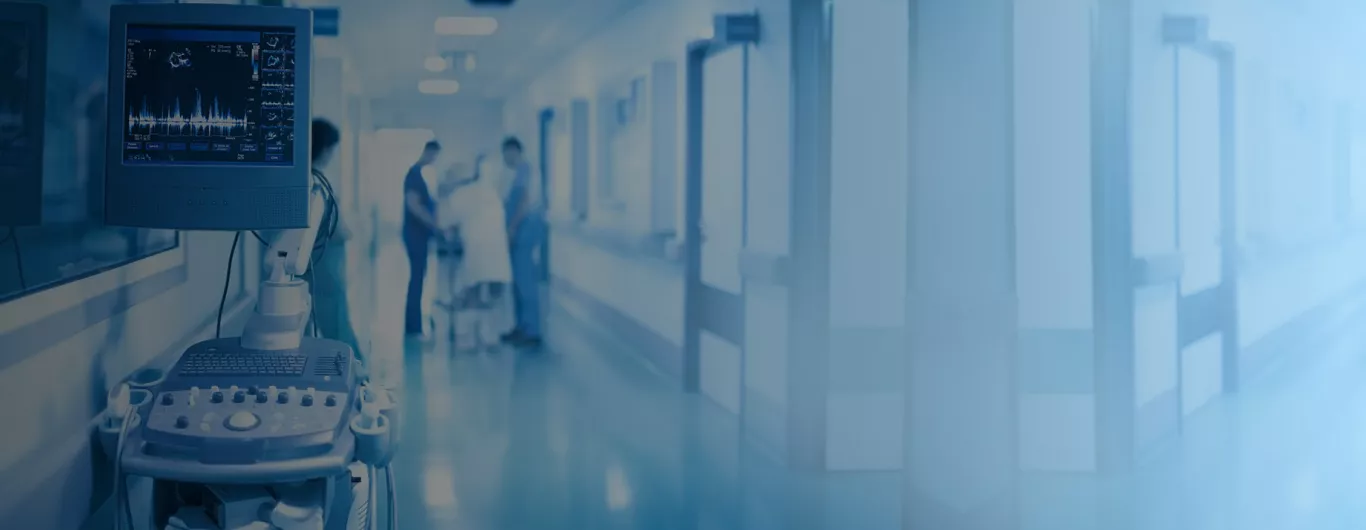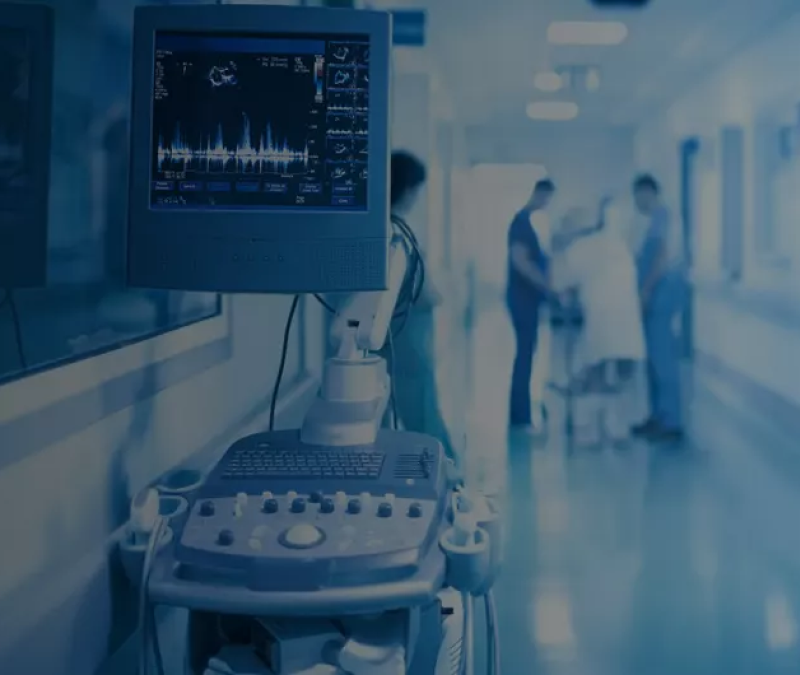The critical care department of Aster Mother Hospital, Areekode 35 bedded ICU provides round-the-clock, state-of-the-art treatment to critically ill patients, including those suffering from life-threatening infections, accidents, snake bites, heart attacks etc.
The multidisciplinary ICU at the department is manned by a team of intensive & sophisticated critical care specialists. Highly advanced equipment and facilities are made available in the ICUs that make the department one of the best in the region and allow us to provide continuous and specialized care to critically ill patients.
We take an integrated approach while providing critical care to the patients ensuring focused and personalized medical attention from experts from different medical departments. The nurses at the critical care centre are well-trained in BLS and ACLS and have relevant experiences in the field. The expert team of ACLS/BLS trained Doctors, Nurses and Ancillary staff including respiratory therapists, physiotherapists clinical pharmacists, and medical social workers provide 24/7 holistic treatment to patients, with an optimal, evidence-based approach.
Our Doctors
We have some of the best specialists from around the world, they bring years of experience and offer evidence-based treatment to ensure the best care for you.
FAQs
Want to find out more about the treatment? The answer to your questions can be found below.
What is the role of a critical care physician in a patient's treatment journey?
Critical care physicians in Ongole examine patients’ critical illnesses and diseases through a comprehensive monitoring process. This process includes a physical examination, diagnostic and imaging tests, analysis of previous reports, identification of potential side effects and associated risks, and, after considering all steps, treatment of patients with the best treatment plan.






